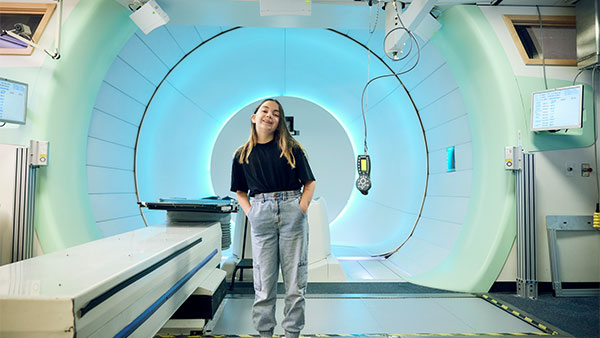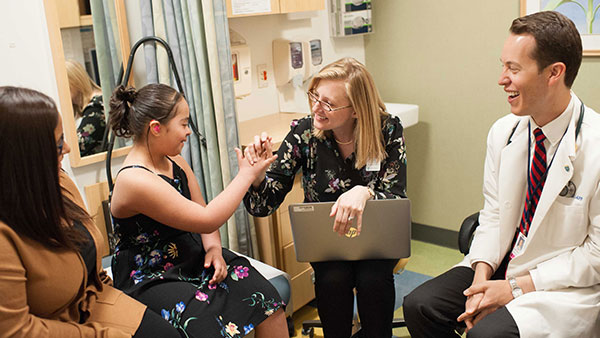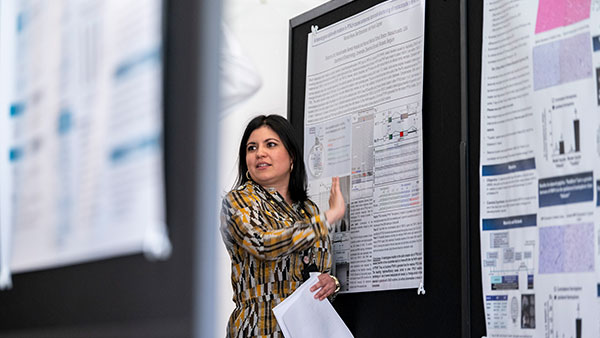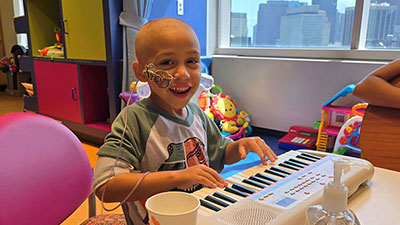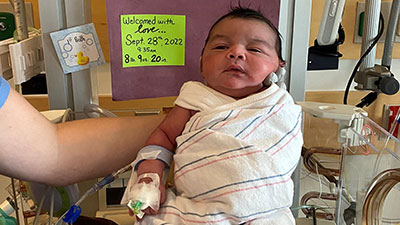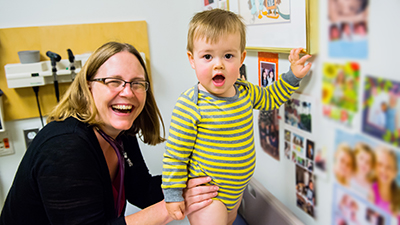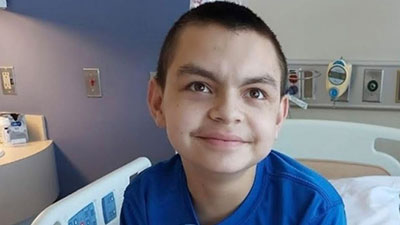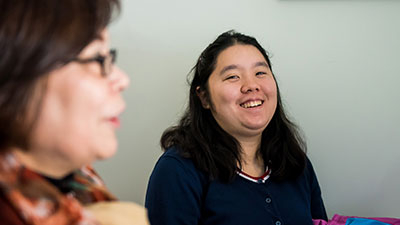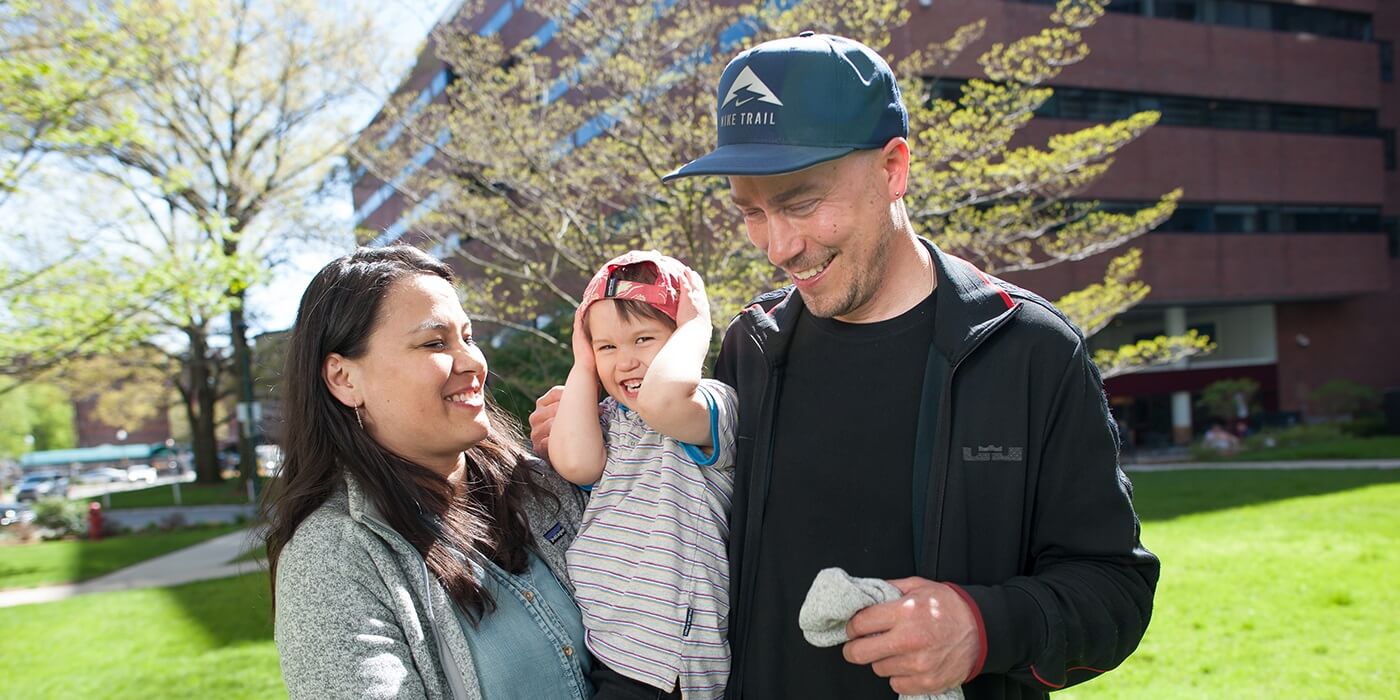Mass General Brigham for Children


Find Care
Whether you're seeking support for a common concern or a complex condition, our pediatric specialists are here to help. Explore our featured programs below or browse our full list of services to find the care that's right for your child.
Pediatric Cancer Care
Our pediatric hematology and oncology team works with experts at Mass General Brigham Cancer Institute to provide personalized, state-of-the-art care for children with cancer and blood disorders.
Pediatric Gastroenterology
We deliver multidisciplinary care for children with gastrointestinal, liver, pancreatic, and nutritional disorders. Our pediatric surgeons treat all conditions, ranging from common to complex.
Pediatric Epilepsy
Our pediatric epilepsy team cares for children with seizures and related disorders at every stage of their illness, offering comprehensive treatment options, including surgery and wellness programs.
Newborn Services
Our team of neonatologists and pediatric specialists have helped deliver more than 18,000 babies, providing the best and most advanced care possible to newborns with critical health challenges.
Pediatric Orthopaedics
Our pediatric orthopedics team cares for children with traumas, sports-related injuries, and musculoskeletal tumors, and patients with scoliosis benefit from our minimally invasive tethering surgery.
Pediatric Primary Care
Our pediatricians are part of the Mass General Brigham team and many serve on the faculty of Harvard Medical School. They provide compassionate preventive and primary care for children and families.
Pediatric Transplant
The pediatric transplant team provides exceptional, integrated care for children before, during, and after kidney and liver transplants, and helps facilitate a smooth transition to adult care.
Lurie Center for Autism
As a multidisciplinary clinical, research, training and advocacy program, the Lurie Center treats individuals with autism spectrum disorder and other developmental disorders at every life stage.
Locations
Mass General Brigham for Children provides world-class care at more than 16 community locations in Massachusetts and Southern New Hampshire.
Community Health Improvement
We support programs and partnerships that foster the health and well-being of infants, children and adolescents in Boston, Chelsea and Revere.
Leader in Pediatric Surgery
We’ve performed over 14,000 surgeries across our health system for patients under 18 years old and those cared for by pediatric surgical specialties.
News and Events
Support Us
There are many ways you can help Mass General Brigham for Children as it expands its services and programs. Our donors are the ones who enable every aspect of what we do to advance the health of children.


